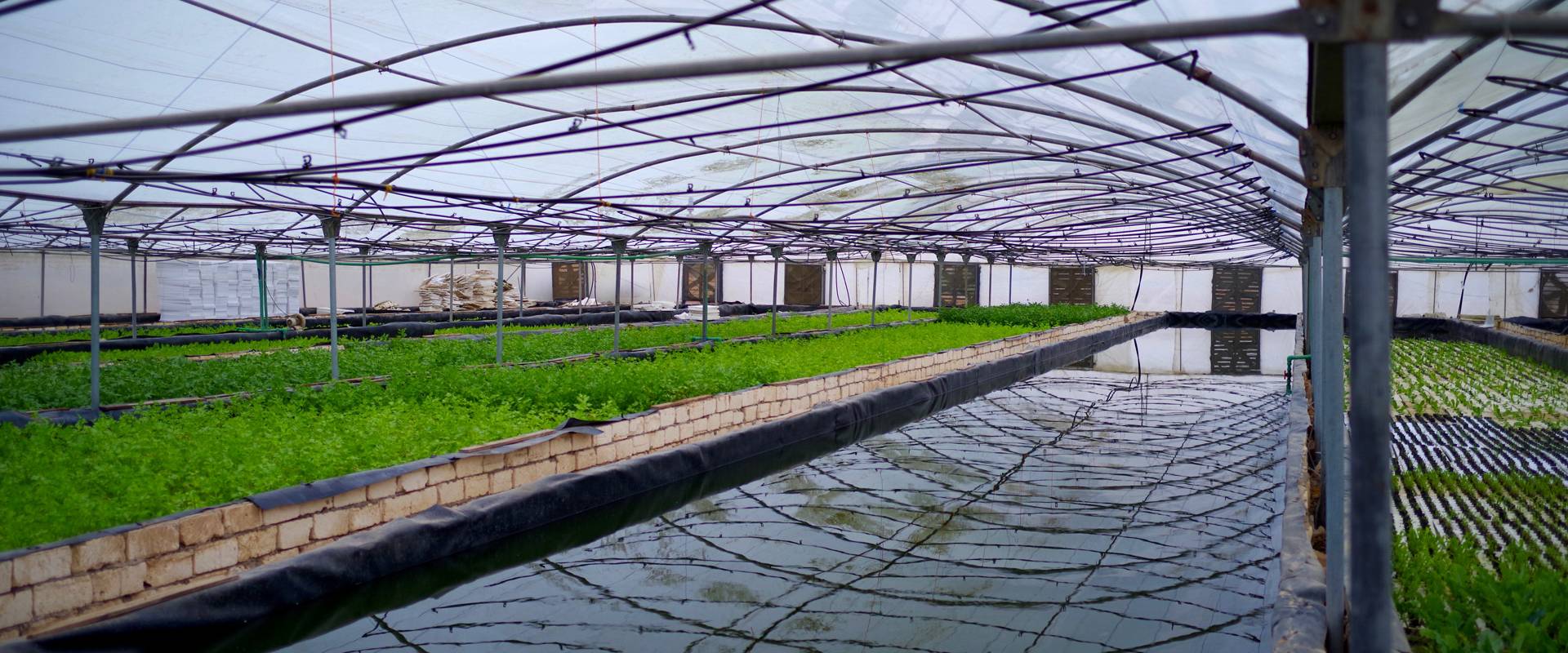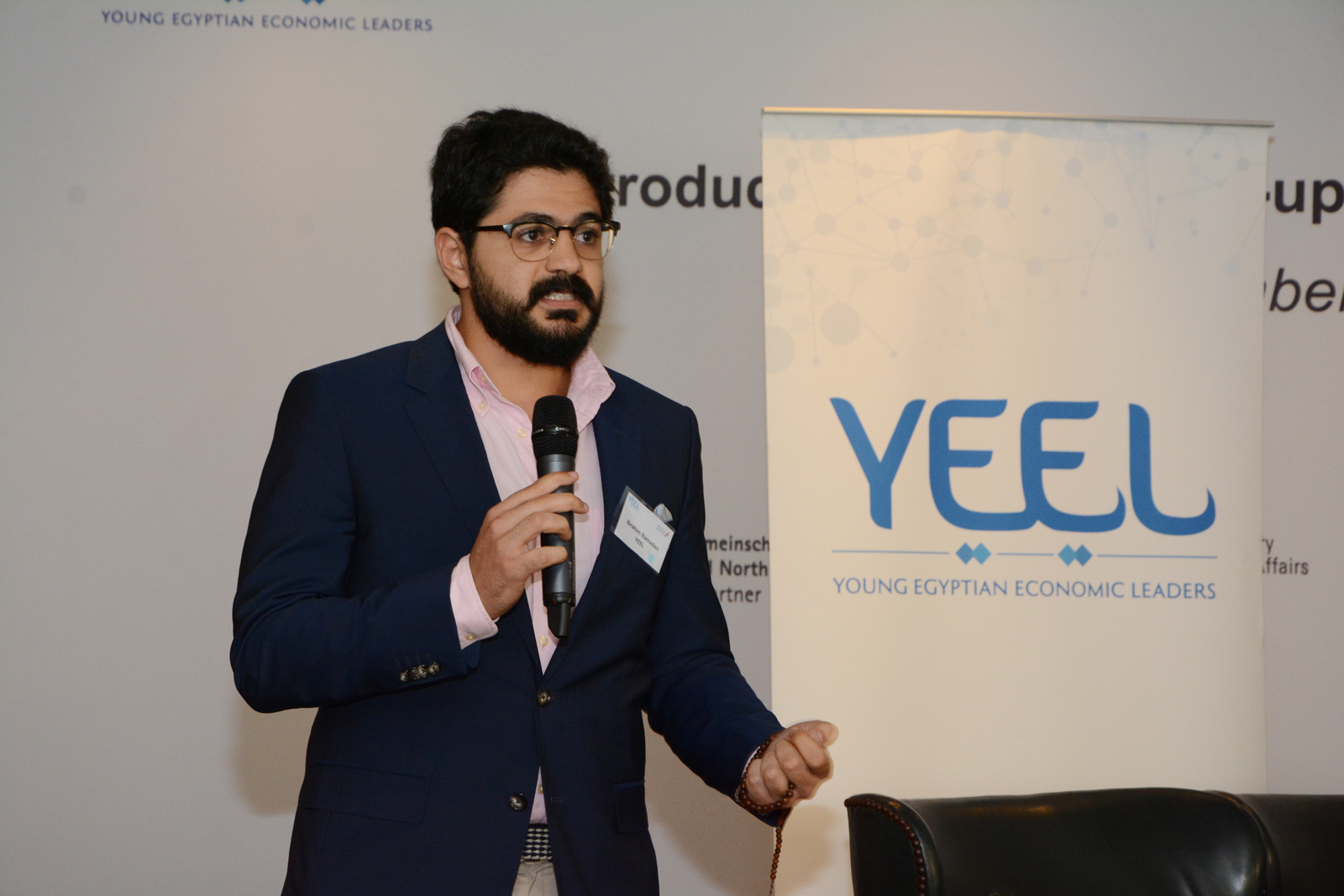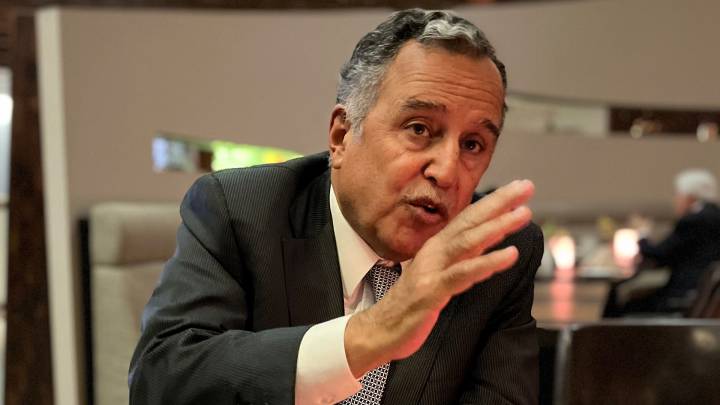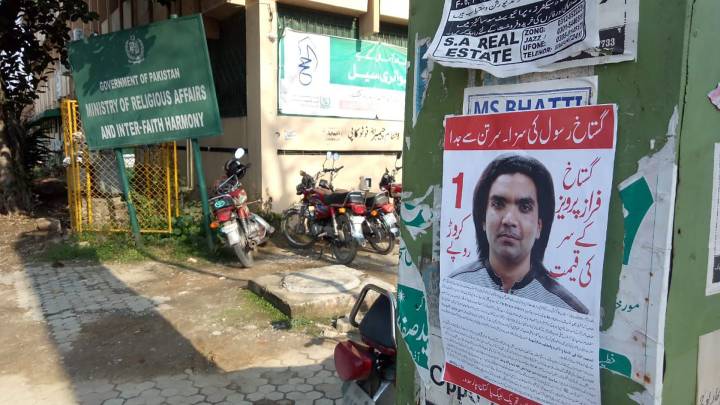A team of 16 young Egyptian economists has come together to spread awareness about the economy while figuring out ways to empower startups in the country.
CAIRO, Egypt: There may be a glimmer of hope for Egypt’s economy, despite rampant mismanagement and political turmoil. That was the message delivered to dozens of entrepreneurs at an event in downtown Cairo on November 28.
The conference introduced some of the country’s brightest entrepreneurs to a team of 16 young, promising economists making up the Young Egyptian Economic Leaders (YEEL) network, a group that came together last year. The network is designed to inform the public about changes to the economy while offering policy proposals to the government.
Despite Egypt’s progress, our startup ecosystem is still very limited for a country of 90 million people.
Some YEEL members have a background in renewable energy, while others have extensive experience in consulting, finance and education. That said, everyone involved shares a unanimous vision. They hope Egypt can develop a diverse economy in which entrepreneurs and startups flourish.
Dr Ayman Ismail, Abdul Latif Jameel Endowed Chair of Entrepreneurship at the American University in Cairo business school, notes that supporting entrepreneurs is extremely important to ensure a dynamic economy, emphasising that entrepreneurs build jobs and companies, and create knowledge. And while strides have been taken to support startups since 2011, experts say much more can be done.
“Despite Egypt’s progress, our startup ecosystem is still very limited for a country of 90 million people,” said Ismail during his presentation at the Intercontinental Hotel. “We need more startups to succeed. The rate of startups that go out of business in Egypt has doubled in the last five years.”
Several entrepreneurs cite a lack of investment and profit, and mounting bureaucracy, as the largest hindrances to success. Others fear that the government’s recent decision to float the Egyptian Pound (EGP) will generate more challenges.
But Hatem Sabry, a YEEL member who co-authored a report about the impact of floating the EGP, thinks it should jump start the economy, even though citizens will suffer in the short term. “Based on empirical studies from 10 countries, we really think that the Egyptian economy will improve from these measures. Floating the EGP will attract more investors and encourage exports.”
Many economists concur, saying there will be a need for domestic production once imports become too expensive. This shift generally strengthens the economy and makes room for more startups in the long term.
The currency devaluation is expected to benefit companies which produce most of their products locally and for export, as well as service providers, while punishing importers. It could also boost foreign direct investment (FDI), with Egypt’s stock market having risen post-devaluation as international investment firms saw value after the long-expected move to float the currency.
How increased levels of FDI will empower existing startups remains to be seen. According to one academic study produced in 2013 for the Institute of Labour Economics (IZA), an economic research institute, growth in FDI and the concomitant increase in knowledge and technology brought in by larger companies could compel smaller ones to upgrade and catch up, while pushing less efficient local firms out of the market.
Nevertheless, YEEL members tell zenith they are optimistic despite rising levels of youth unemployment – according to the International Labour Organisation, youth unemployment in Egypt stands at 42 per cent, though official government agencies in Egypt measure it as much lower.
Dania Sherif, a consultant with risk and business consulting firm Protiviti who is also part of the YEEL network, emphasises the need to forewarn citizens about the impact that changes to the economy will have on their lives. That’s a role she hopes YEEL can fulfil.
“What we say to [the public] won’t seem distorted, since [YEEL] is independent from the ministry,” she tells zenith. “The most impressive thing about YEEL is that none of us are simply economists. Everyone involved has their own career. We all come from diverse backgrounds, but we have each committed to this project on the side.”





